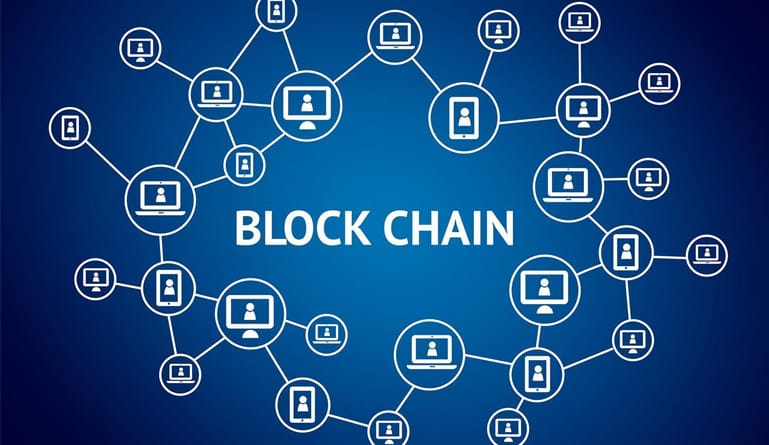Blockchain technology might be set to change the supply chain management scene.
With blockchain technology on the rise, we look at its application in supply chain management.
Supply chains are made up of several different organizations, all helping to get products to consumers, sometimes passing from raw materials suppliers to manufacturers to distributors before being transported to warehouses or retail locations and finally to the end user. It’s a complex but necessary way of moving goods globally in an economic way, relying on the specialties of different sectors and vendors rather than one organization handling every part.
Before we discuss supply chain innovations and blockchain applications, let’s answer the question, “What is blockchain technology?” Here are the basics of blockchain technology explained.
Blockchain is closely related to the development and management of cryptocurrencies. It is a straightforward and streamlined way to record and process transactions digitally. As people sell and transfer units of currency, blockchain technology records and encrypts transactions. Traditionally, payments of any kind are validated and processed through institutions like banks, but blockchain can potentially offer consumers another option.
Outside of financial applications, blockchain has potential applications in privacy and security. Blockchain technology runs across servers and networks globally, meaning each sever location holds some but not all the information pertaining to an action like a payment. This offers a theoretically more secure and faster way to validate things in addition to payments, including validating personal identification or authenticating that certain devices are safe and can be added a company’s network.
So, what are the applications of blockchain technology in supply chain management? Are there specific blockchain driven supply chain innovations to look for in 2024?
Because of the complex record-keeping inherent to supply chain management, as well as the number of organizations involved in creating and moving product down the supply chain, it’s possible that blockchain functions will lend themselves well to supply chain management. Blockchain can create more transparent ledgers through its decentralized structure. It can also protect against counterfeit products, as it can accurately record and verify information along the way. These improvements can help to improve the quality of information along the digital supply chain, as well as gain consumer and vendor confidence.
According to IBM, who had developed their own blockchain technology, some benefits of blockchain applications in supply chain management include:
- Fraud protection
- Better inventory management
- Minimized transport costs
- Automated paperwork processes
- Faster identification of potential problems
- Better consumer and partner relationships
Ben Dickson at TechCrunch believes that one of the blockchain driven supply chain innovations to look for in 2018 is how it will benefit local producers, saying “blockchain…provides local producers with a decentralized platform in which they can share and exchange skills, resources and products without relying on third parties.” This can be an important step towards supply chains saving time and money and increasing overall communication.
While we believe that more accurate ledgers and better verification processes inherent to blockchain are some of the blockchain driven supply chain innovations to look for in 2024, it’s also important to remember that blockchain technology is still fairly new and adoption of this technology in industries outside of financial transaction application has been slow. Keep an eye on supply chain technology to see if blockchain takes hold and innovates the way supply chains are doing business.





